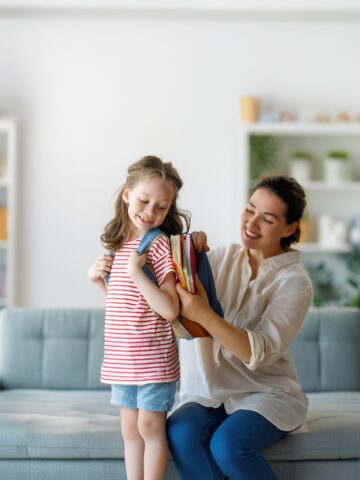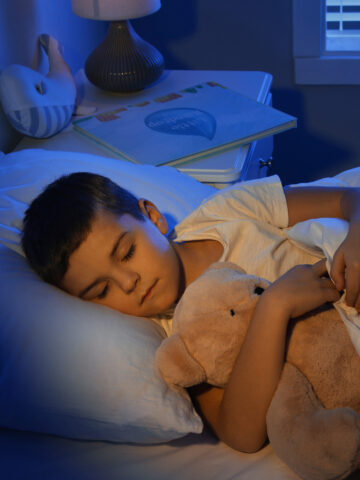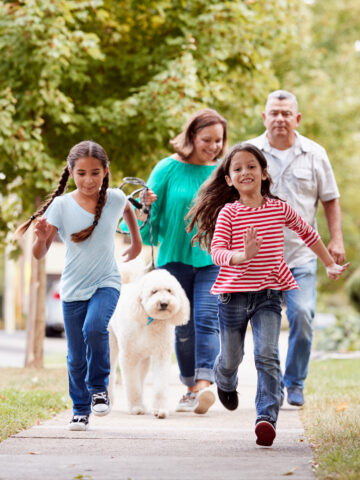By Katie Bui, clinical pharmacist at CHOC Children’s
Head lice can be a pest. But don’t panic! There are many effective ways to prevent your child from getting these critters, and treat them should your child come home with lice. There’s even ways to get rid of the “super lice” that have received media attention recently for being resistant to some existing treatments.
Prevention is the First Defense
First things first- prevention is key. Be vigilant in monitoring your child’s head for lice before the infestation and symptoms start, usually when there are reported incidences at your child’s school or daycare. Teach them not to share hair ties, combs, hats, scarfs, and pillows at school or during sleepovers. Surprisingly, even taking selfies might increase the risk of getting head lice, since an affected child’s hair could touch another child’s healthy hair—the new way that older children and teenagers are being affected.
Lice Removal Tips
When treating head lice, both the eggs (also known as nits) and adult lice must be killed. To kill eggs, use nit combs and brush your child’s head from the hair shaft (the part that sticks out from the skin) for at least three days in a row. Then to kill the adult lice, there are medicines and other measures. Lice medicine can be purchased over-the-counter at your local pharmacy.
Pediculicides (medicines that kill lice) have active ingredients such as pyrethins and permethrin lotion/shampoo. If over-the-counter medicines fail, parents should seek advice from a doctor. In some cases, prescription medicines may help, including benzyl alcohol, Ivermectin lotion and malathion lotion. These medicines are safe and effective when used as directed by the label and by your doctor or pharmacist.
Non-medicine measures include washing and drying clothes, bed sheets, pillow cases and other linens in hot water to kill lice and eggs. Items that cannot be washed should be sealed in a plastic bag for two weeks or be dry-cleaned. Vacuuming furniture and floors can also remove nits.
September is National Head Lice Prevention month so be sure to share these tips- but not lice- with friends and family.





